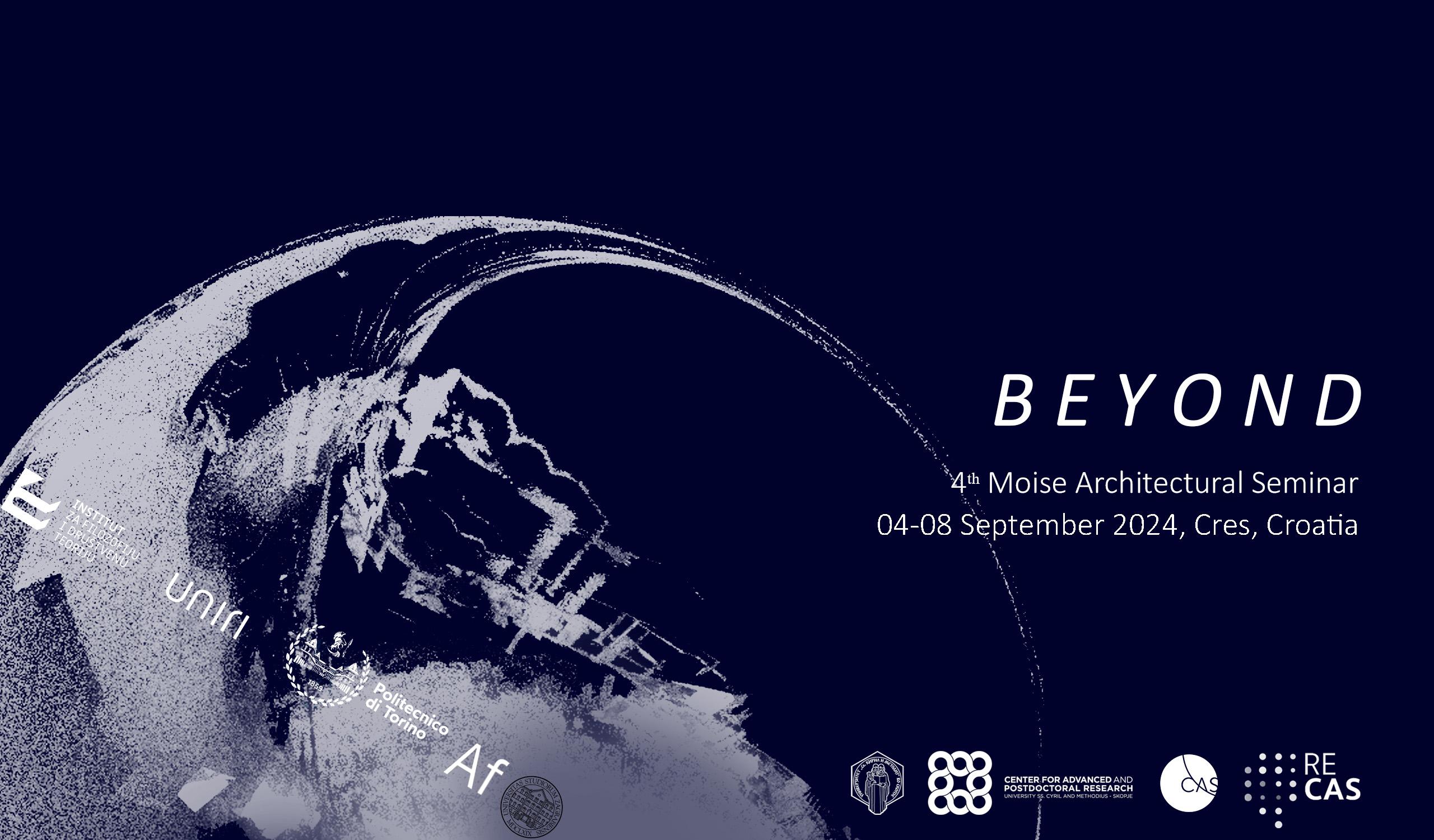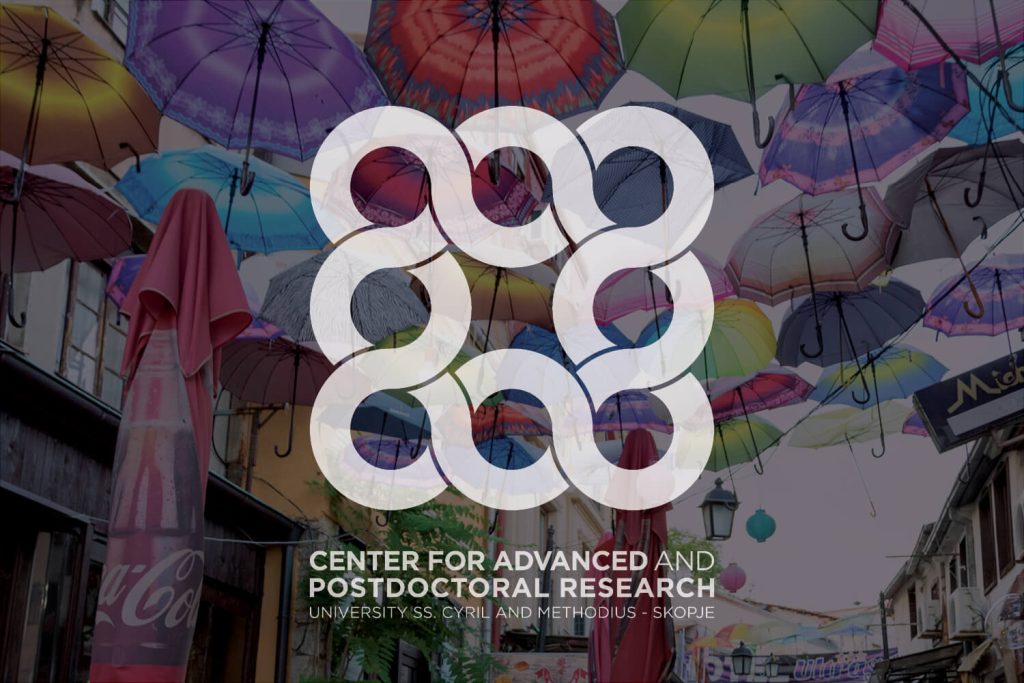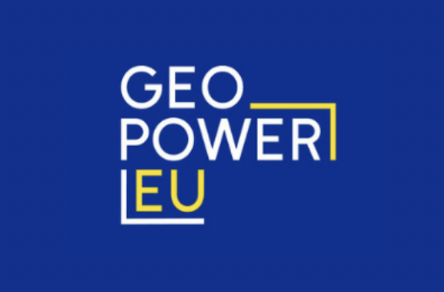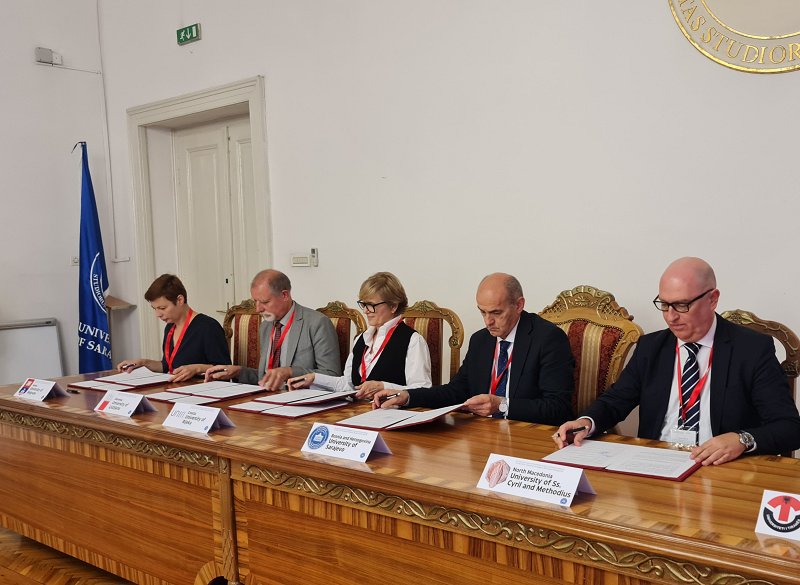The New International Economic Order at 50
Center for Advanced Studies Southeast Europe warmly invites you to join “the New International Economic Order at 50” online events (Zoom link down below):
Event I, 20 May 2024, 15:00 CET – The NIEO: Then and Now, A Conversation with Vijay Prashad
Event II, 21 May 2024, 10:00 CET – Researching the NIEO: A Round Table
On 1 May 1974, the New International Economic Order (NIEO), expressed as a Declaration and Programme of Action, was passed without a vote at the Sixth Special Session of the United Nations General Assembly (UNGA). On 12 December 1974, the UNGA adopted the Charter on the Economic Rights and Duties of States (CERDS). The New International Economic Order, in the terms of the Declaration, was to be “based on equity, sovereign equality, interdependence, common interest, and cooperation among all states, irrespective of their economic and social systems which shall correct inequalities and redress existing injustices, make it possible to eliminate the widening gap between developed and developing countries, and ensure steadily accelerating economic and social development and peace and justice for present and future generations”.

The NIEO represented the apex of the advocacy efforts of the countries of the Global South, many newly independent following the defeat of colonialism, united through intense discussions within the Non-Aligned Movement, the G77, and UNCTAD, and seeking to challenge economic neo-colonial relations. Combined with significant leverage resulting from OPEC actions in relation to oil price and supply, the NIEO and CERDS articulated a holistic set of demands relating to trade, commodities, debt relief, technology transfer, sovereignty over natural resources and institutional reform.
What can, perhaps, be seen as a defeat of NIEO and CERDS by what has been termed “The Real New International Economic Order” of roll out neoliberalism and brutal structural adjustment in the 1980s, meant that for several decades there was little attention to them, either by activists or researchers. Summary judgements of the NIEO as, either, far too radical a challenge to Northern hegemony to have stood any real chance of success or, paradoxically, not much more than a recalibration of a liberal order have, more recently, given way to a more nuanced approach as part of a renewed interest in “the long 1970s” as a conjuncture of tangible global counter-hegemonic possibilities. Radical critics of global capitalism are increasingly referring to the need for a “New New International Economic Order” as an important component of a more just and safer world.
As the NIEO and CERDS turn 50, we take the opportunity to revisit their adoption, discuss their fate, and debate their afterlives and relevance for contemporary struggles and scholarship. We do this in two, linked, events. The first is a discussion with Vijay Prashad, one of the world’s foremost activists and writers on the struggles of the Global South. This will focus on the economic, social, and political legacies of the NIEO and its contemporary relevance for radical social change in today’s world. The second is a round table with four researchers (Chiara Bonfiglioli, Anna Calori, Matthew Mabefam, and Sam Nicholls) who bring a range of issues relating to the NIEO into focus in their work. The discussion will explore the current state of research on the NIEO and priorities for future research. Initial discussions with Paul Stubbs will be followed by time for questions and open discussion using the Zoom platform. We look forward to you joining us for these events.
Vijay Prashad is an Indian historian and journalist. He is the author of forty books, including Washington Bullets, Red Star Over the Third World, The Darker Nations: A People’s History of the Third World, The Poorer Nations: A Possible History of the Global South, The Withdrawal: Iraq, Libya, Afghanistan, and the Fragility of U.S. Power, written with Noam Chomsky. He is the Executive Director of Tricontinental: Institute for Social Research, the chief correspondent for Globetrotter and the chief editor of LeftWord Books (New Delhi).
Chiara Bonfiglioli is Associate Professor of Contemporary History at Ca’ Foscari University of Venice. She is the Principle Investigator of an ERC Consolidator grant titled ‘Women and Non-Alignment in the Cold War era: Biographical and intersectional perspectives (WO-NAM)’, 2023-2028. She previously taught Gender & Women’s Studies at University College Cork. She is the author of Women and Industry in the Balkans: The Rise and Fall of the Yugoslav Textile Sector (I.B. Tauris, 2019).
Anna Calori is a historian whose work focuses on the history of economic cooperation in the Non-Aligned Movement. She is Lecturer in Contemporary Economic History at the School of Social and Political Sciences, University of Glasgow. Before joining Glasgow, she was a Marie-Curie COFUND postdoctoral research fellow at the University of Vienna. Anna is part of a collaborative research project titled: YU-ZAM: A Socialist Workplace in Postcolonial Africa, funded by the Austrian research fund.
Matthew Mabefam is a lecturer in Development Studies in the School of Social and Political Sciences at the University of Melbourne. His research contributes to decolonising development epistemes, knowledge bases, and practices, with a focus on Africa and the African Diaspora. He is currently co-editing a special issue to mark the 50th anniversary of NIEO for Development in Practice Journal.
Sam Nicholls is a Visiting Research Fellow at the University of Adelaide, where he wrote his PhD thesis, A Moment of Possibility: The Rise and Fall of the NIEO. He is now updating the thesis with the goal of publication.
Paul Stubbs is a UK-born sociologist and, currently, Senior Research Fellow in the Institute of Economics, Zagreb and Visiting Fellow in the Centre for Advanced Studies, University of Rijeka. He is working on a manuscript on The New international Economic Order: lives and afterlives (Routledge) following his recent work on Socialist Yugoslavia and the Non-Aligned Movement, including an edited collection with the same title published by McGill-Queen’s University Press in 2023.
ZOOM LINK
https://us02web.zoom.us/j/88439937690?pwd=YXNKREJNWTdDUXoyN3J2ZDFYWTFrUT09
Meeting ID: 884 3993 7690
Passcode: 239935




